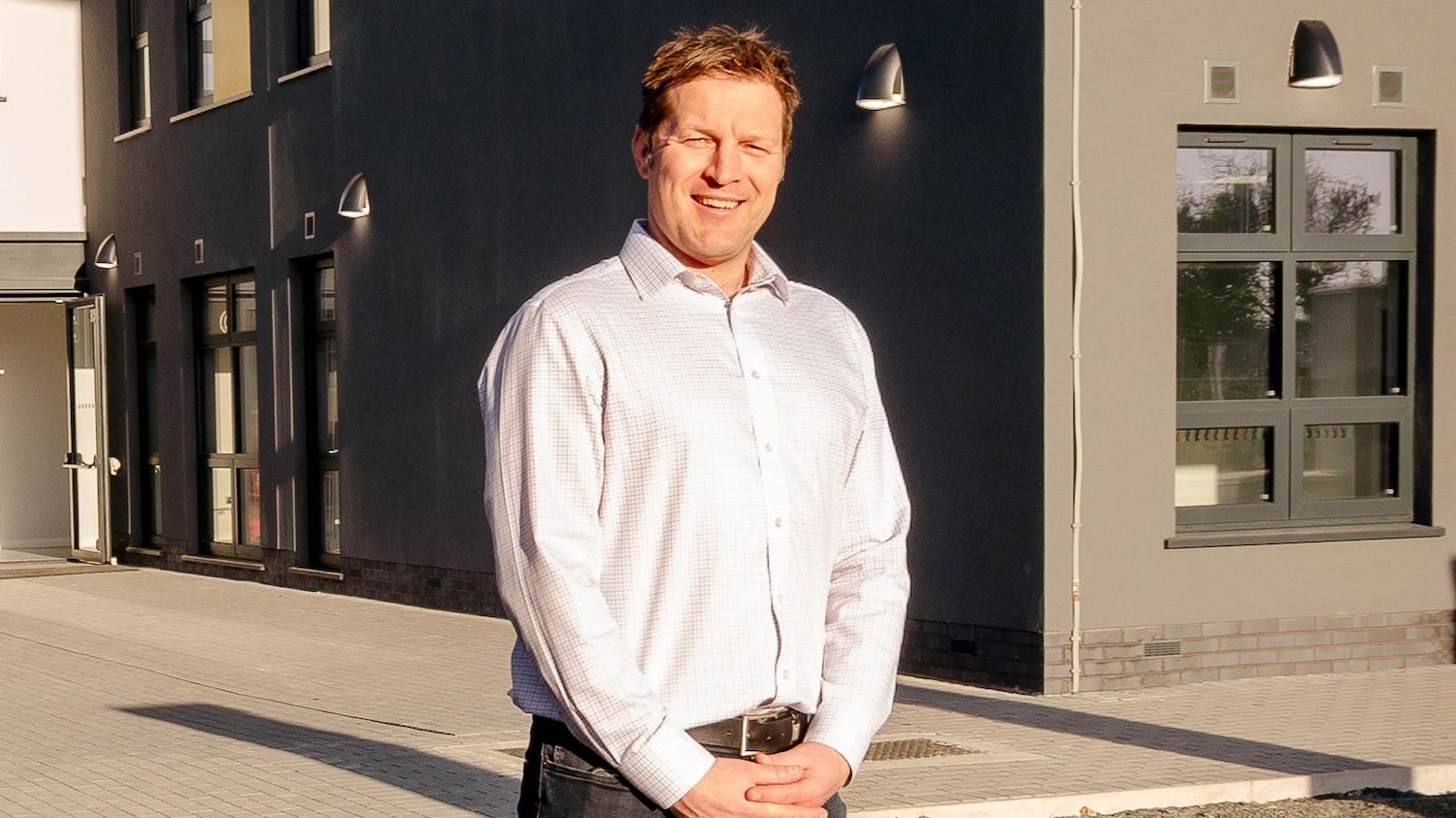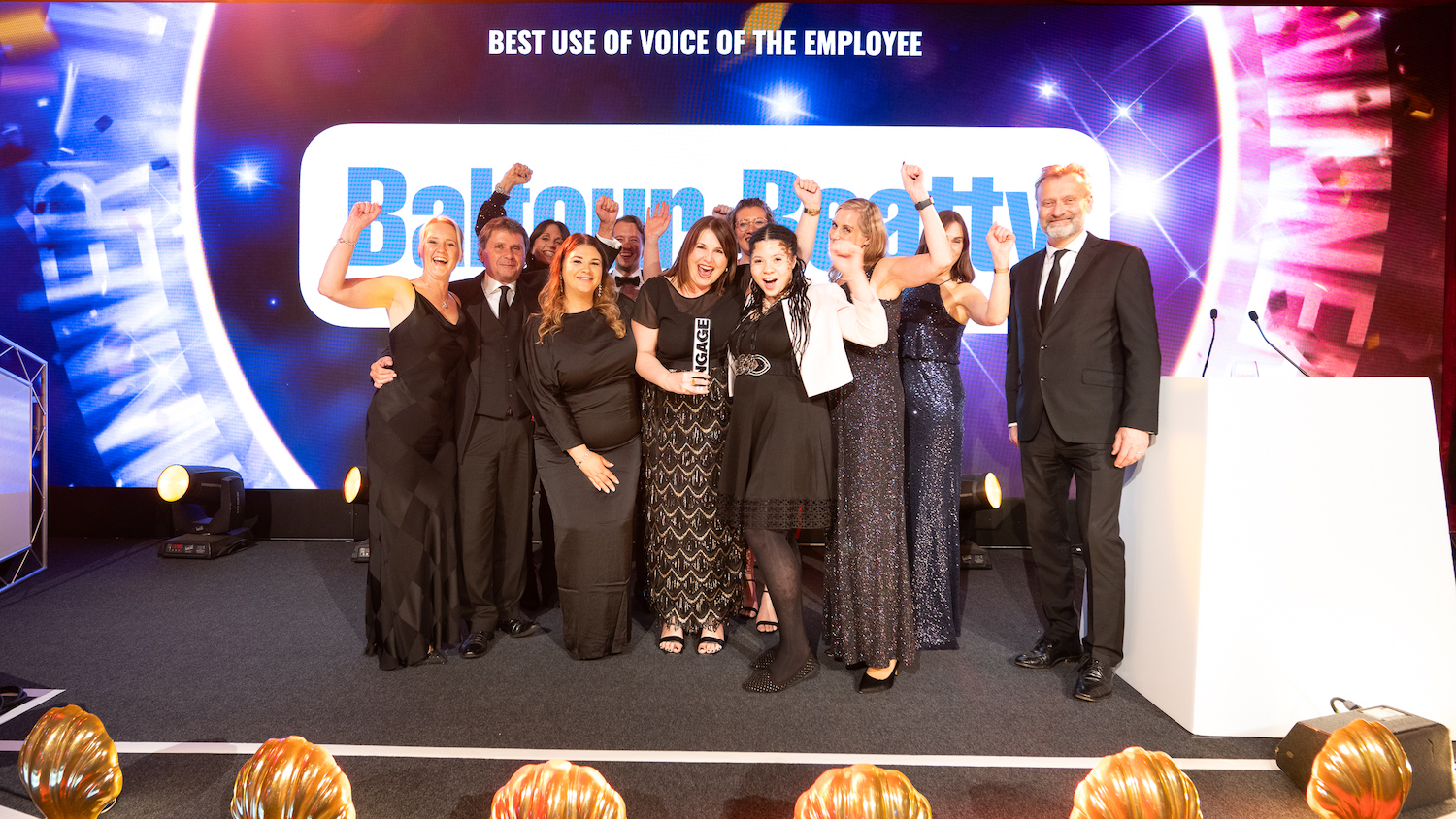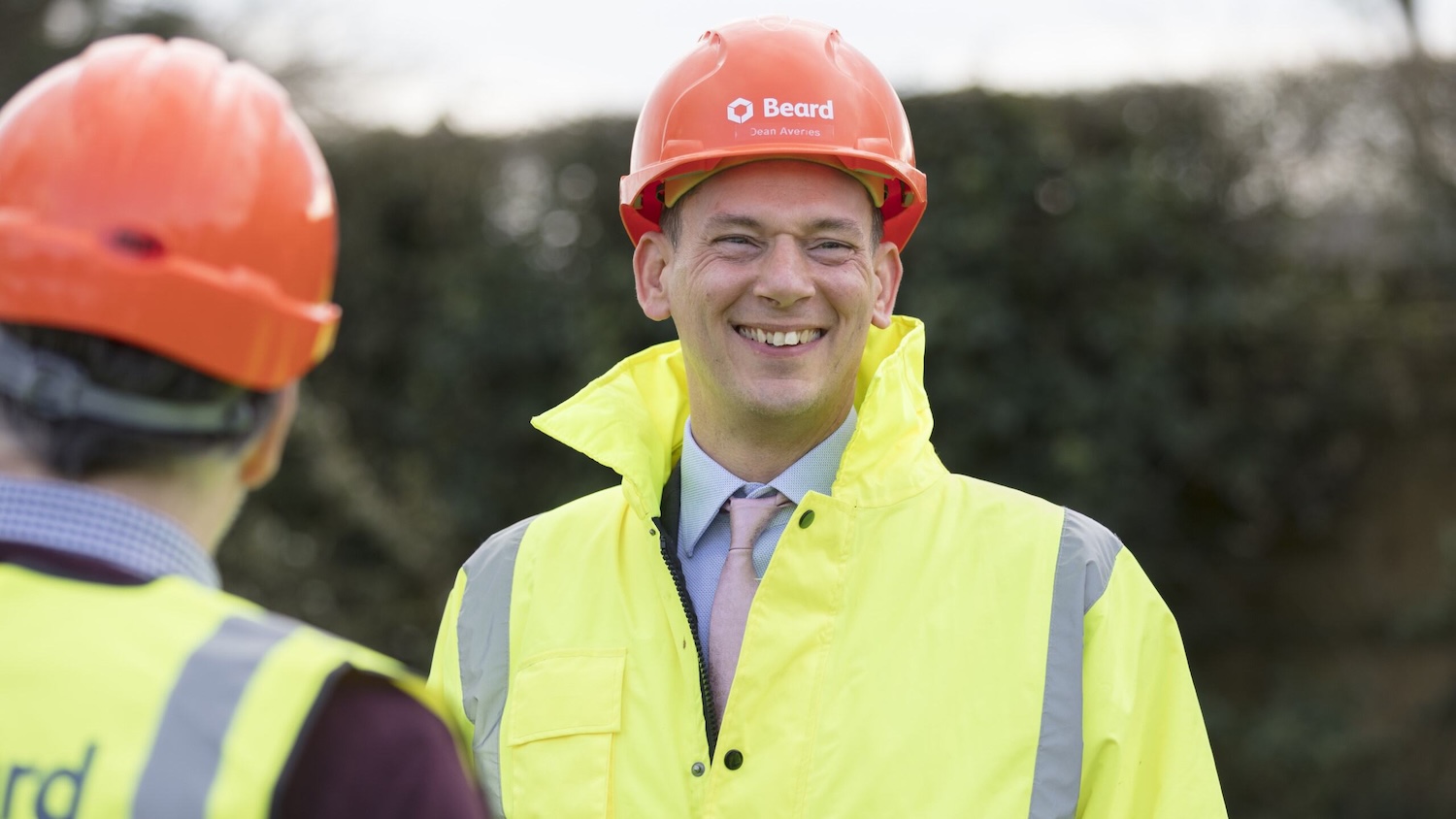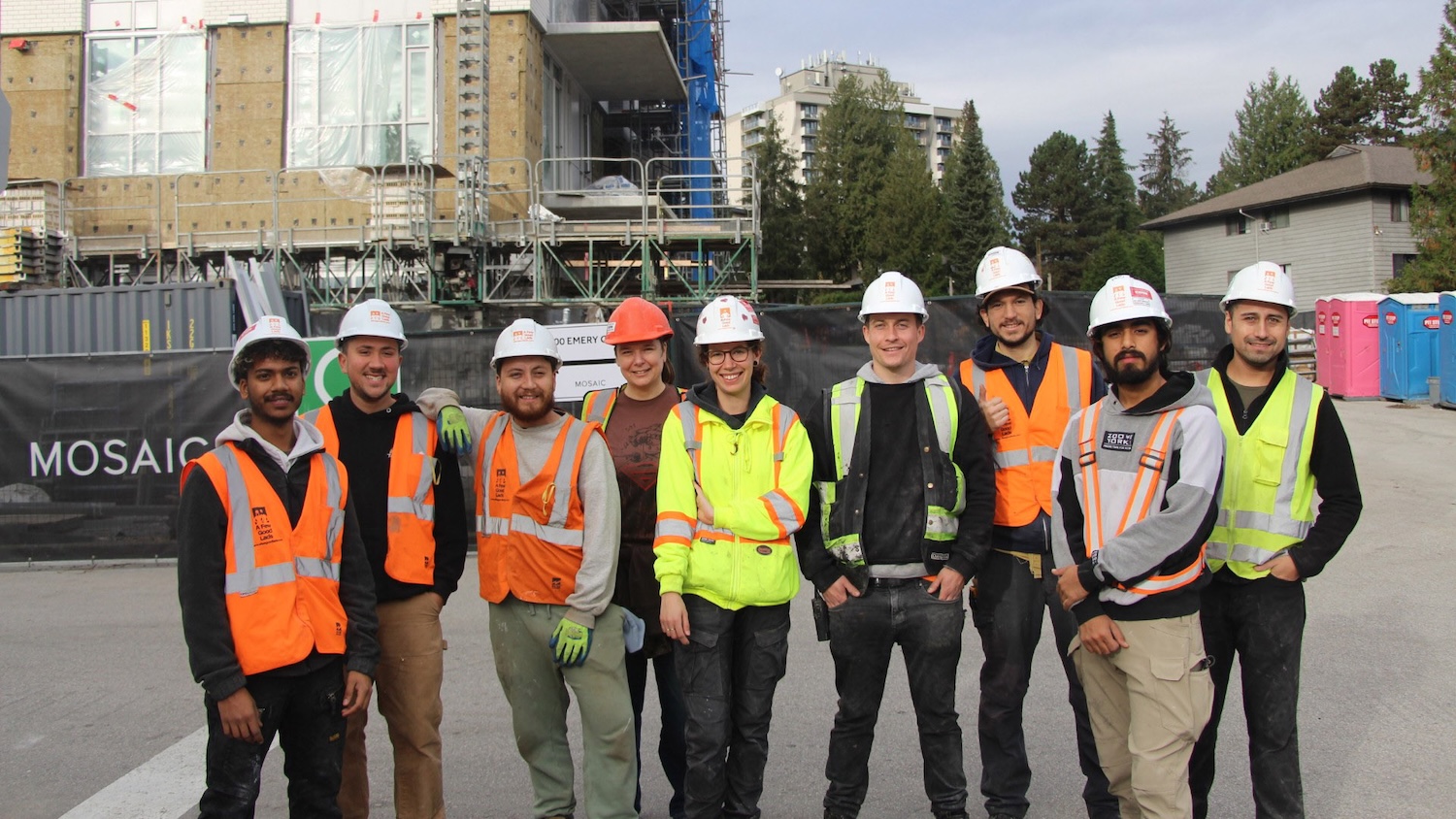
Chartered membership: going the extra mile
Matthew Stowe MCIOB tells CIOB People how achieving chartership has been fundamental to his career development
Construction director Matthew Stowe is embracing his new role at developer Chancerygate.
He is responsible for advising Chancerygate’s development and project teams on all aspects of construction, both before works begin on site and during the construction programme.
The role also involves building positive relationships with build contractors to ensure projects are delivered on time, safely and to the highest quality standards.
As a member of the Chartered Institute of Building (CIOB), Stowe says his chartership has helped him get to this point in his career.
“It shows you will go that extra mile in how proud you are in your work,” he says.
“That will follow through in safety, quality, programme and how your projects run. It builds a bigger picture about yourself compared with another candidate who isn’t chartered.
“It shows you will deliver a successful project because of the extra mile you’ll go to.”
Career beginnings
Initially Stowe had “no idea” what to do as a career, but he looked through a list of college courses and spotted construction and civil engineering.
“I liked the practical side of it and the social side of construction is second to none,” he says.
“There are not many industries where you can build those relationships so broadly and deal with multimillionaires to a labourer on site. It’s about having social skills to deal with people on all levels.”
Every project is different, he says, adding: “There’s a lot of pride in it and delivering a project to a team.”
Over the years, Stowe has built up a wide range of construction expertise, working in industrial, commercial, public and private sectors.
From my early career, it was always driven into me that it would be great to be chartered. I’ve always recommended it to people. You’re not just turning up to work and taking the money. You want to showcase your best
He completed a construction management diploma at West Notts College, followed by a degree in construction management at Leeds Beckett University.
His placement year during university was at Interserve and, after finishing his degree, he returned to the company to work as an engineer.
Stowe then pursued the management route, becoming site manager at Interserve, before moving to work at Readie Construction as site manager. His next role was at Buckingham Group as project manager, followed by Glencar as senior project manager.
In February 2024, Stowe took on the role of construction director at Chancerygate.
Showcasing your best
He is quick to recommend chartership to those starting out in their construction career.
“From my early career, it was always driven into me that it would be great to be chartered,” he says. “I’ve always recommended it to people.
“You’re not just turning up to work and taking the money. You want to showcase your best. It will benefit you massively going forward.”
But the benefits of chartership are not just for those in the infancy of their careers – Stowe also sees positives for more experienced professionals.
“Chartership is still really good to have for the support network and to get that advantage on other people who haven’t got their chartership,” he says.
Stowe’s own route to becoming chartered came about while working at Interserve, he explains. The company has a strong relationship with the CIOB and encourages its graduates to become chartered members.
“I was fully chartered by the age of about 22 or 23,” he says. “It’s about how much effort you put in. Every weekend I was doing my chartership, every bit of experience was working towards it.
“It was always: ‘What can I do to cover that ground and sign that part off?’”
Employability and networking benefits
While the benefits of becoming chartered are wide-ranging, Stowe regards the boost to employability as pivotal for construction professionals.
He explains: “If you had two identical candidates next to each other, one chartered and one not, if there’s nothing to separate them on paper, I would probably go with the person who has been chartered.”
There are other benefits too, particularly when it comes to meeting other professionals – both younger and older. The potential to learn from each other and share advice can be invaluable.
“I’ve ended up mentoring a few people to become chartered,” Stowe says. “It’s another string to your bow. The teaching aspect of it is really positive.
“The other part is the networking side. There are a lot of groups you can network in and ask questions.
“That support in the background is a benefit. Everyone’s on the same page. There are no silly questions in these groups.
“It’s an extra world of people and knowledge that you can access.”
New challenges
Building on his experience to date, Stowe is relishing his new role at Chancerygate. The hope is for him to bring a fresh perspective.
Working with teams and creating a can-do culture within teams is my big driving force. Get the job built and everyone leaves safe and happy at the end of the project
“At the majority of developers, people are from a surveying background or are commercially minded. There aren’t many in the build sector,” he explains.
“It’s a really interesting role. It’s one I never thought I’d be able to go into.
“I’ve always been on the delivery side and now I’m on the client side – people are trying to deliver projects for us.”
He is leaning on the skills and experience gained throughout his career and through achieving chartership.
“Having chartership was important coming into this role in particular,” he says. “I wouldn’t have got the job without it – it was one of the criteria to be a chartered member of a body.”
A highlight of the role for Stowe is “delivering a successful project”.
“Working with teams and creating a can-do culture within teams is my big driving force,” he adds. “Get the job built and everyone leaves safe and happy at the end of the project.”
He also enjoys working with contractors and “trying to lift their game”.
“It’s not saying ‘this is wrong’ but trying to guide and educate… maintaining the highest standards across every project. Building relationships with contractors enables that.”
Positive opportunities
Stowe is keen to outline the positive opportunities in construction and help attract the next generation of talent. To help address negative misconceptions, he believes there needs to be less “scaremongering” around the industry, which he says has “a reputation for working every hour”.
He adds that it is also “not all about going to uni and doing A levels”.
“There is so much more to construction,” he says. “You can start practical on the tools, then go into the management side.
“There needs to be an understanding that in a 10-year period you could go from electrician on site to leading a team or working at director level.
“It really is how much you want to get into it.”
Despite the challenges facing the industry, Stowe firmly believes there are many positives to a career in construction.
“At 35, I never thought I’d be a director for a developer – not even five years ago,” he says. “There are a lot of people in their early 40s in those positions. Construction gives everyone an opportunity.”
‘Give it your all’
So, looking back on his career and experiences so far, what advice would Stowe give to others starting out in the industry?
“Don’t let other people say you can’t get to a position you want to be in,” he says. “If you want to try to do something, you’ve got to give it your all and go for it.”
It all comes back to the opportunities the construction industry offers its employees.
“You can sit in the background – some people want to do that and that’s their decision – but construction is a field where if you want to succeed, you can succeed,” Stowe says.
“At a young age, you can get to a really good position if you put the work in and show you’re driven and hard-working and make the right decisions.”







